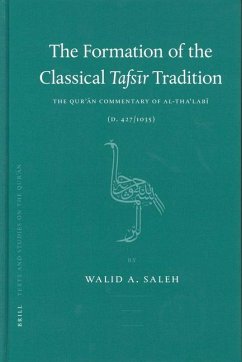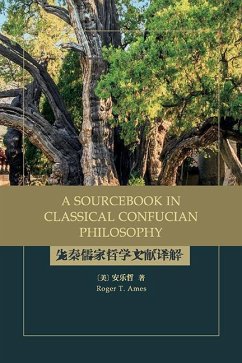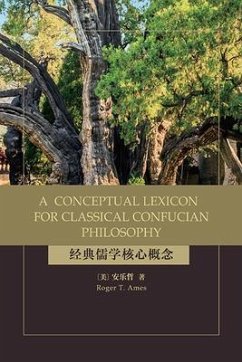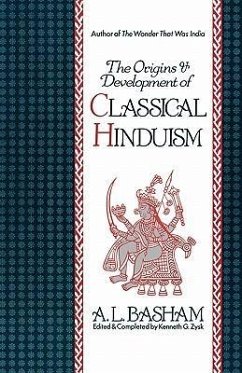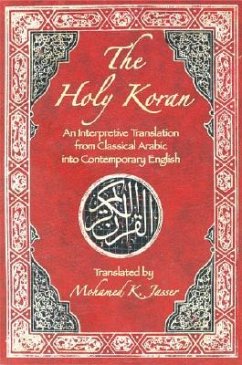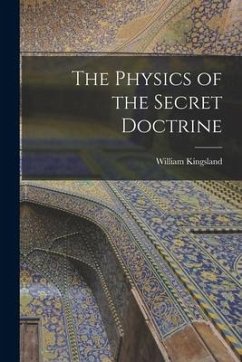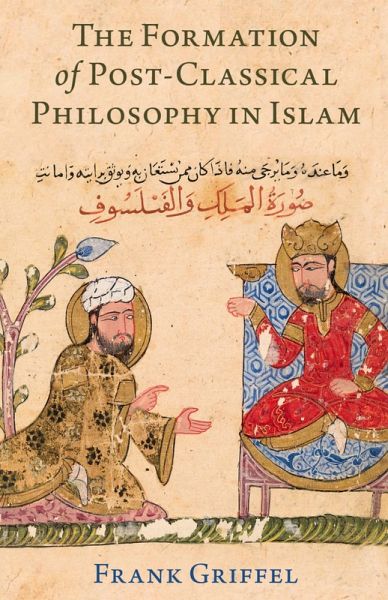
Formation of Post-Classical Philosophy in Islam
Versandkostenfrei!
Versandfertig in über 4 Wochen
35,99 €
inkl. MwSt.
Weitere Ausgaben:

PAYBACK Punkte
18 °P sammeln!
In this monumental new work, Frank Griffel argues that what he calls the "post-classical" period of Islamic philosophy has been unjustly maligned and neglected by previous generations of scholars. The Formation of Post-Classical Philosophy in Islam is a comprehensive study of the far-reaching changes that led to a re-shaping of the philosophical discourse in Islam during the twelfth century, when Muslim thinkers began to produce books in a new genre of philosophical literature they called " ¿ikma."




